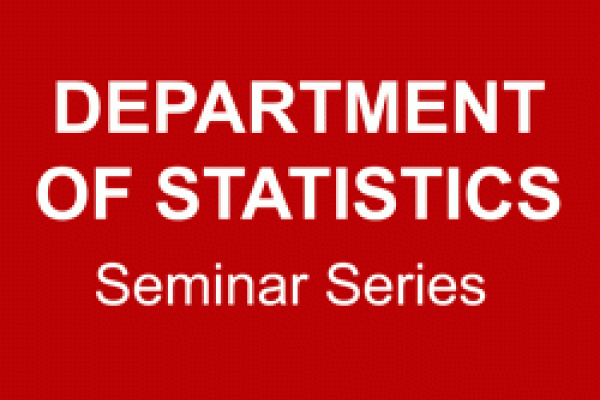
Matthew W. Courser, Center for Survey Research and Department of Political Science, The Ohio State University
Item-Nonresponse, Measurement Errorand the 10-point Scale
Researchers long have been concerned that the response scales used in questions can influence how respondents answer survey questions, and a large amount of work has attempted to determine the nature and strength of these response scale effects. Work by Jacoby (1971), Presser and Schuman (1981) and Groves (1989) (among others), demonstrated that the response scales presented to survey respondents can have a significant influence on the distribution of respondents' answers. However, aside from work demonstrating that respondents will be more likely to choose "don't know" when it is offered explicitly, comparatively little is known about how response scales can contribute to item-nonresponse in survey data. This paper seeks to increase our knowledge on this question by reporting the results of two experimentally-based studies that were designed to test the hypothesis that the response scales used in survey questions can have a significant influence on item non-response and thus, on measurement error in surveys.
Lillian Diaz-Castillo, School of Journalism and Communications, The Ohio State University
Predicting Telephone Interviewer Performance from Interviewer Personality Traits
As a stable implicit trait, personality has been of interest for applied researchers. Studies have suggested that there may be a relationship between personality characteristics and interviewer performance. As early as 1952, Barioux hypothesized that persons who were meticulous, disciplined, persevering and honest could become good in-person interviewers, yet he did not find strong empirical support for his hypothesis. Axelrod and Cannell (1960) found that in-person interviewers who scored higher in traits such as empathy, personal relations and restraint performed above average in their criterion measures of good interviewing. However, their results were not statistically significant. Barrick & Mount (1991), in examining the relationship of Extraversion, Emotional Stability, Agreeableness, Conscientiousness, and Openness to Experience to a variety of job performances, found that the conscientiousness showed consistent relations with all job performance, whereas extraversion was a reliable predictor for occupations involving social interaction.
In this study, we will investigate the relationship between Extroversion, Conscientiousness, and Empathy and performance as a telephone interviewer. The personality traits are measured by the 16PF Personality Inventory.
